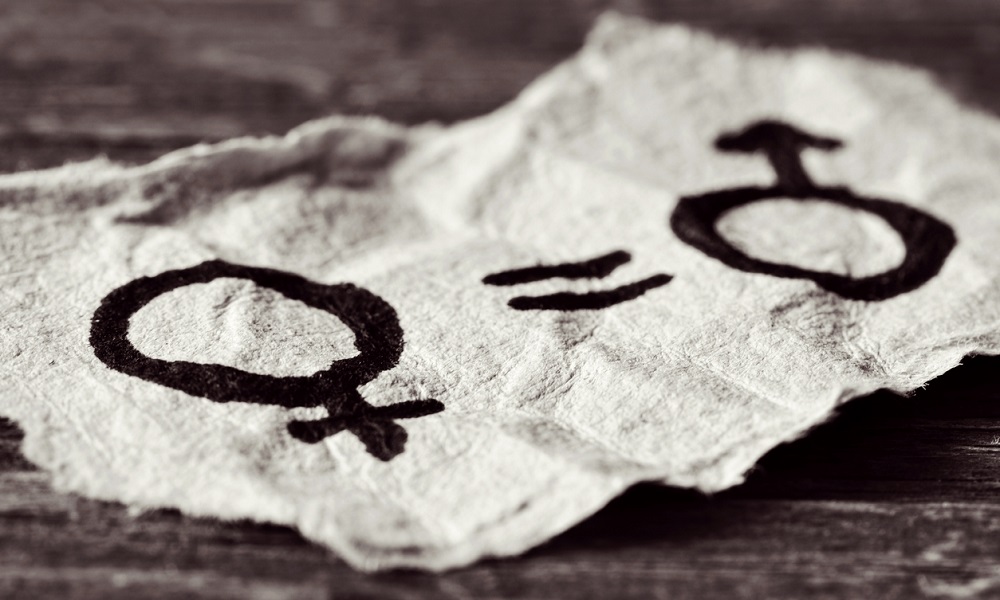Equal Pay Day is to be held on February 22. Numerous initiatives in Spain and elsewhere contribute to encouraging gender equality at the workplace. Spanish courts have delivered judgments preventing pay discrimination. And on April 14 we will see the entry into force of Spanish legislation requiring greater pay transparency at companies. We examine below all the milestones contributing to the creation of a fairer and more equal society.
In the field of employment, equality between women and men has many and diverse meanings and may be talked about in a range of different ways, notably for being (historically?) difficult to achieve, especially in relation to equal pay. Already in 1951, when women entered the workplace in masse during the Second World War, it became necessary to adopt the Equal Remuneration Convention, 1951 to combat situations of inequality at the workplace that became patent during the war.
More than 50 years later, after important provisions had been passed in Europe and in Spain contributing to fomenting equality at work, in 2015 the member states of the United Nations approved the goals of the 2030 Agenda for Sustainable Development. Goal 5 of the 17 sustainable development goals is to achieve “gender equality”. This was the context for the emergence of the Equal Pay International Coalition which has the aim of achieving equal pay between men and women throughout the world and is the only alliance of multiple stakeholders striving to reduce the pay gap at a global, regional and national level because, unfortunately, well into the twenty-first century the pay gap continues to be a harsh reality that has to be eradicated.
This push by the UN, by the European Union and various domestic and international organizations is reflected in a change of mentality which can even be made out in judicial decisions rendered by Spanish courts and tribunals in recent years. One example is a judgment delivered by Canary Islands High Court on January 20, 2020, ruling to reject the argument that “a transfer of undertakings may be considered an objective, sufficient and proportionate ground to justify the claimant receiving remuneration far below that of her male colleagues in the same category and with the same type of contract as herself and with identical functions and tasks”. Another is the judgment delivered by Extremadura High Court on June 23, 2020 which besides upholding a breach of the fundamental right to equality for a number of female workers at a cleaning firm who earned less than their male colleagues, imposed payment of emotional distress damages above €30,000 to every one of the 12 female workers.
As may be seen from these two examples, social progress in Spain has made the protection of equality between women and men break through into the domain of employment and be applied with conviction, since, despite being over 70 years since the publication of ILO Convention no 100, we are still a long way from the equality fomented in it being a reality.
Another step along the lines of fomenting pay parity, which requires the necessary pay transparency at companies, is the forthcoming entry into force on April 14, 2021, of Royal Decree 902/2020, of October 13, 2020, on equal pay for women and men, summarized here, which will apply to all companies, regardless of the number of workers they employ.
In relation to the holding of Equal Pay Day on February 22, from the team here at Garrigues we join those wanting everyone to do their bit to destroy inequalities.
Garrigues Employment & Labor Law Department






